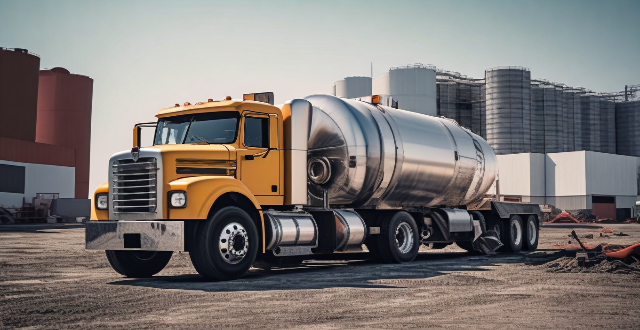Drive motors are crucial components in industrial equipment, offering advantages such as increased efficiency, improved accuracy and precision, flexibility and customization, reduced maintenance and downtime, enhanced safety, and environmental benefits. By optimizing processes for maximum productivity and energy savings, drive motors lead to reduced operating costs and increased profitability for businesses. They also provide precise control over machinery movements, allowing for accurate positioning and repeatable operations, which is particularly important in applications where precision is critical. Drive motors offer flexibility in adjusting the speed, direction, and torque of machinery, accommodating changes and meeting specific requirements. Modern drive motors are designed with reliability and durability, minimizing downtime and increasing productivity. They can also be equipped with safety features to prevent accidents and injuries. Finally, drive motors have positive environmental impacts by improving efficiency and reducing energy consumption, leading to reduced greenhouse gas emissions and less waste material produced during manufacturing processes.

Advantages of Using a Drive Motor in Industrial Equipment
Drive motors are essential components in industrial equipment, providing power and control to various machinery. They play a crucial role in ensuring efficient and effective operation of industrial processes. Here are some advantages of using drive motors in industrial equipment:
Increased Efficiency
One of the primary benefits of using drive motors is increased efficiency. By accurately controlling the speed and torque of the motor, industrial processes can be optimized for maximum productivity and energy savings. This results in reduced operating costs and increased profitability for businesses.
Improved Accuracy and Precision
Drive motors offer precise control over the movement of machinery, allowing for accurate positioning and repeatable operations. This is particularly important in applications where precision is critical, such as manufacturing or robotics. The ability to fine-tune movements can lead to improved product quality and reduced waste.
Flexibility and Customization
Drive motors provide flexibility in terms of adjusting the speed, direction, and torque of machinery. This allows for customization of industrial processes to meet specific requirements or adapt to changing conditions. For example, if a machine needs to operate at different speeds depending on the material being processed, a drive motor can easily accommodate these changes.
Reduced Maintenance and Downtime
Modern drive motors are designed with reliability and durability in mind, reducing the need for frequent maintenance and repairs. This results in less downtime and increased productivity for businesses. Additionally, many drive motors have built-in diagnostic capabilities that can detect potential issues before they become major problems, further minimizing downtime.
Enhanced Safety
Drive motors can be equipped with safety features such as emergency stops, limit switches, and overload protection. These features help prevent accidents and injuries by automatically shutting down the motor if certain conditions are met. This is particularly important in environments where personnel may come into contact with moving machinery.
Environmental Benefits
By improving efficiency and reducing energy consumption, drive motors can also have positive environmental impacts. Lower energy usage leads to reduced greenhouse gas emissions and a smaller carbon footprint for businesses. Additionally, the precise control offered by drive motors can result in less waste material being produced during manufacturing processes.
In conclusion, using drive motors in industrial equipment offers numerous advantages including increased efficiency, improved accuracy and precision, flexibility and customization, reduced maintenance and downtime, enhanced safety, and environmental benefits. These benefits make drive motors an essential component of modern industrial processes.